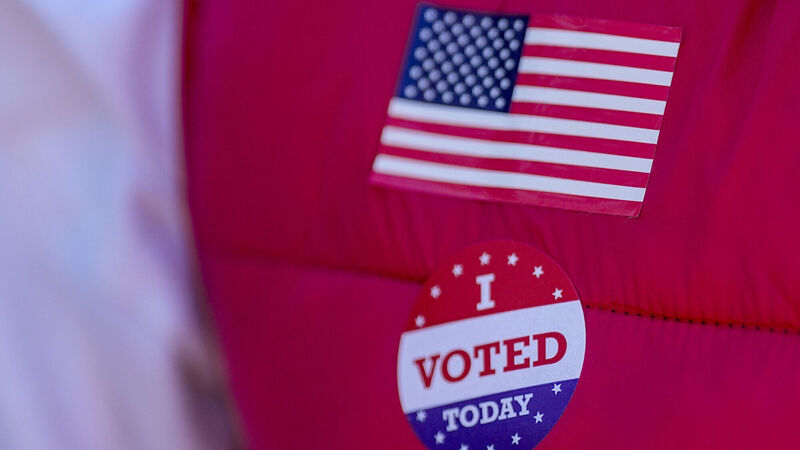Super Tuesday’s unsurprising elections should worry you

The election results, which advanced Biden and Trump on their way to the party conventions this summer, once again displayed the degraded state of American democracy. Photo: AP/Chris Carlson
Super Tuesday’s elections delivered no major surprises, which is another way of saying that US politics moved deeper into a bizzarro world from which no immediate escape is apparent.
President Joe Biden, who repeatedly shows weakness in polls, once again did pretty well with actual voters, easily running the table of Super Tuesday’s 15 states.
















